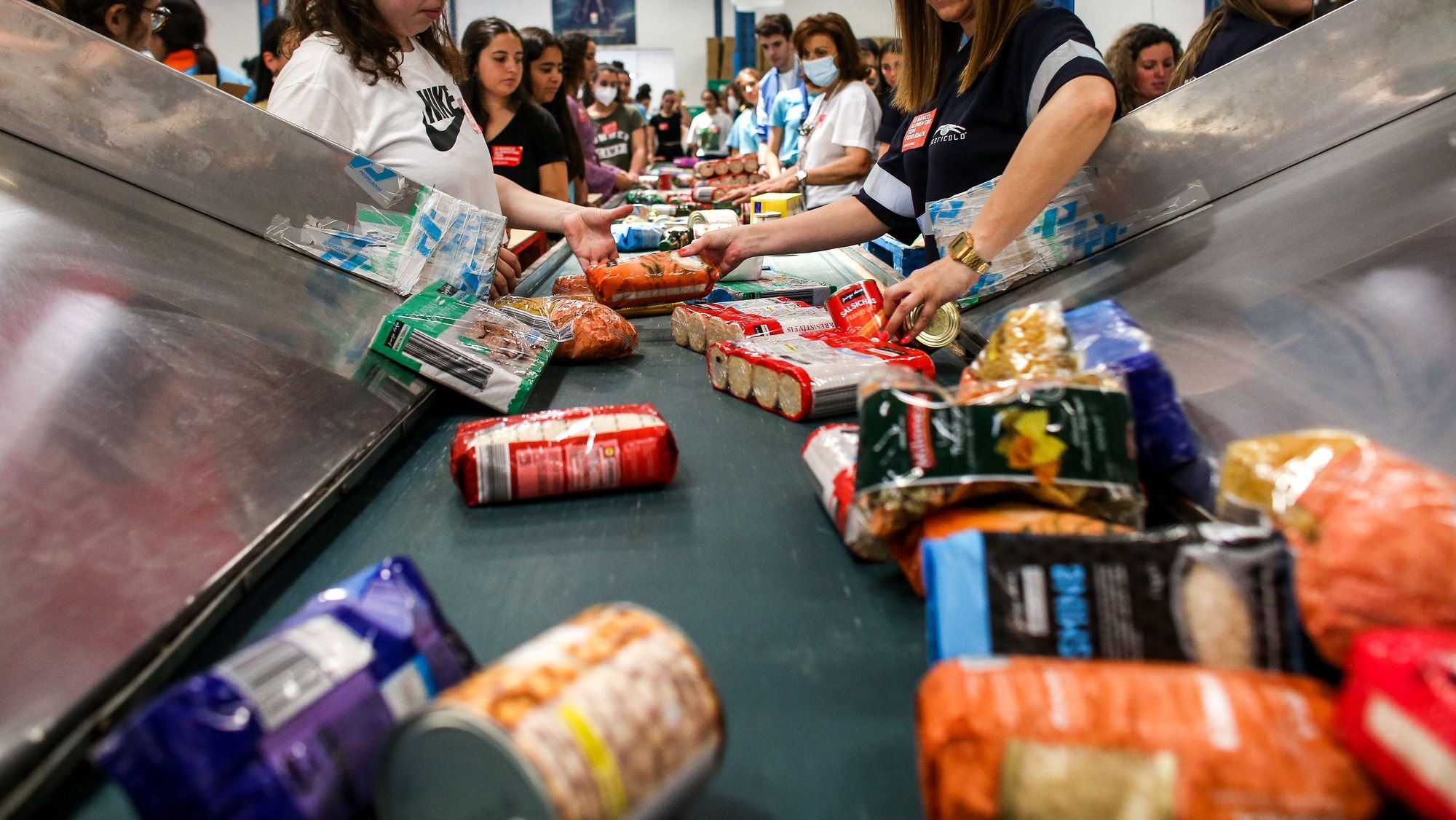The Federation of Agri-Food Industries of Portugal (FIPA) called this Tuesday for a “rapid allocation” of support to the sector, otherwise they will not reach companies in the most critical situation on time due to “rapid increases in production costs” .
In a statement, FIPA warns that “many operators in the agri-food industry are having difficulty maintaining the operation of their businesses, due to rapid increases in production costs, which may put at risk the normal supply of food in the market. national by some. sectors most exposed to this crisis.
The federation “understands that the measures recently presented by the Government are going in the right direction, particularly in response to the concerns that it had already been transmitting to its tutelage and for the inclusion of the agri-food sector, but they have to be more ambitious”, but warns that “the rapid allocation of these supports is of the utmost urgency, so access to them must be immediately clarified and bureaucracy reduced, otherwise they will not reach the companies in the most critical situation on time. ”.
The Federation of Portuguese Agri-Food Industries also appealed to the Government so that, “in view of the proposal presented last week by the European Commission to force electricity consumption to be reduced by at least 5% during peak hours, the executive can, in Brussels, defend the recognition of the food industry as an essential sector that deserves special treatment when it comes to access to energy supply“.
In addition to these measures, “FIPA urges the Government to urgently reactivate the agri-food supply surveillance group, since it was the dialogue generated during the pandemic and the start of the war that allowed a better identification of needs and the design of solutions. to maintain the country’s normal food supply.
FIPA highlights that, during the last year, The costs of agri-food production “grew dramatically”noting that “natural gas, electricity, fertilizers, fuels, basic raw materials, specifically cereals for human and animal consumption, packaging materials and foreign work have increased to levels that are difficult to bear.”
Rising costs began with the post-Covid recovery due to demand and supply chain constraints, “but have been severely exacerbated in the meantime by the Russian invasion of Ukraine, for which there is no end in sight.” ”.
To this “is added the difficulty of hiring labor, the taxation of most products at the normal rate of VAT and the weight of the IRC,” says FIPA.
The difficulty in reversing the increase in energy prices, especially natural gas and electricity, and basic raw materials such as cereals and oilseeds, threatens the continuity of agri-food production cycles and, consequently, the ability to maintain normal supply of food products, including those destined for animal feed”, says Jorge Henriques, president of FIPA, quoted in a statement.
Source: Observadora
